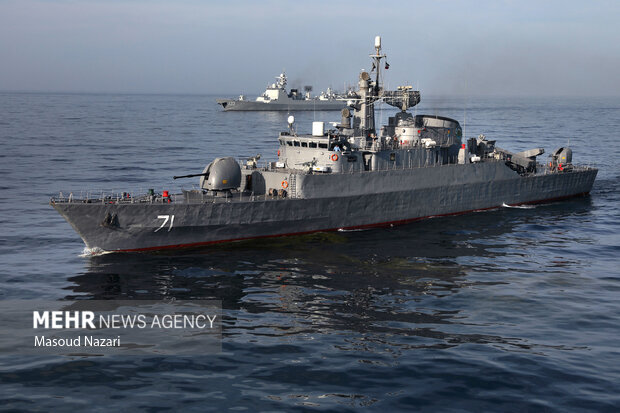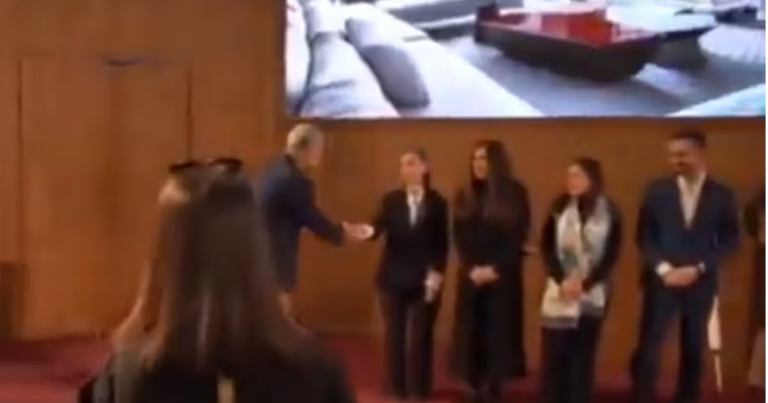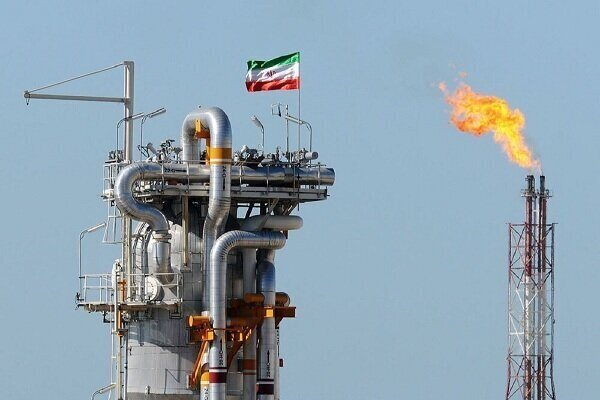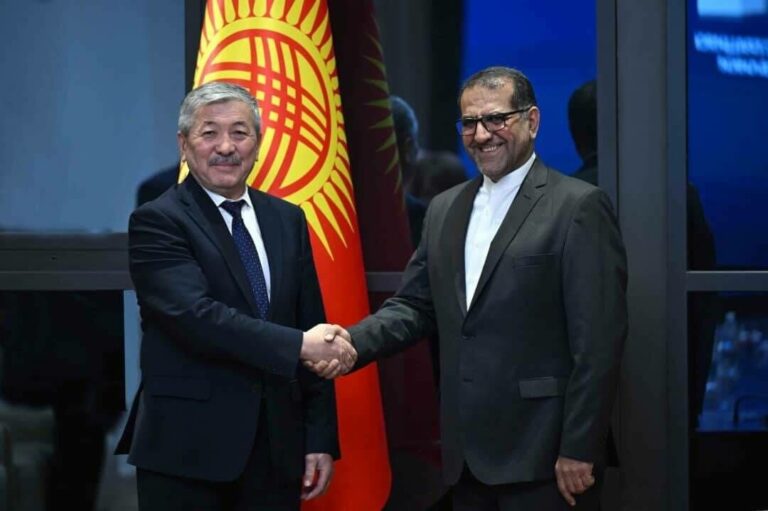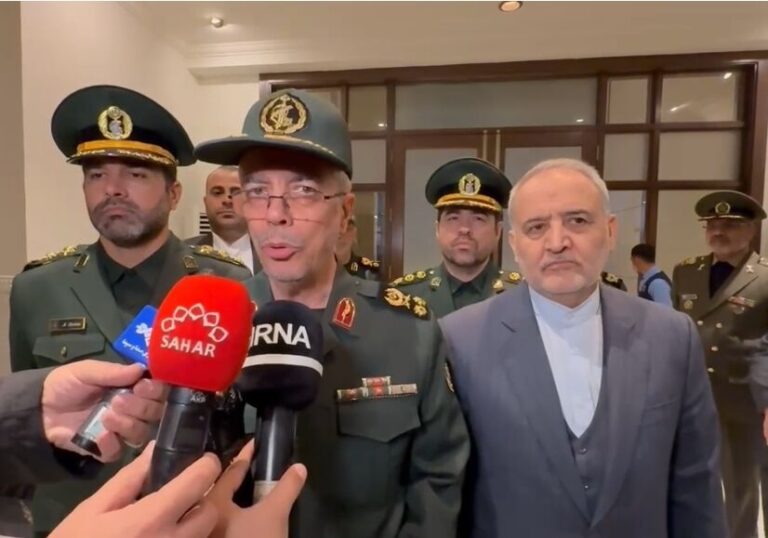Iran Calls Out Argentina’s Diplomat Amidst Controversial False Claims
In a significant diplomatic development, the Islamic Republic of Iran has taken a firm stand against allegations made by the Argentine Prosecutor’s Office targeting senior Iranian officials. This event underscores the complexities of international relations and the implications of legal actions on diplomatic ties.
Recently, the Chargé d’Affaires of Argentina was summoned by Issa Kameli, the Director General for the Americas at the Ministry of Foreign Affairs of Iran. During this crucial meeting, Iran expressed its strong objections to the allegations presented by the Argentine judiciary. Kameli delivered an official note of protest from the Iranian government, emphasizing the gravity of the situation.
Kameli articulated Iran’s categorical rejection of the accusations leveled against its senior officials. He indicated that these claims are unfounded and serve only to complicate an already intricate judicial process surrounding the AMIA case, which dates back to 1994. Here are some key points from the meeting:
- Historical Context: The AMIA case has been mired in controversy since the tragic bombing incident in 1994.
- Political Instrumentation: Kameli noted that the case has been manipulated by individuals linked to the Zionist regime to further an anti-Iranian agenda.
- International Law Violations: The accusations are viewed as a breach of fundamental principles of international law, particularly regarding the sovereignty and political independence of states.
- Diplomatic Tensions: This prosecutorial action could escalate tensions between Iran and Argentina, complicating their diplomatic relations.
- Call for Rectification: Kameli urged Argentine authorities to amend their course and reconsider the implications of their actions.
During the discussion, Kameli emphasized that the actions taken by the Argentine prosecutor not only contradict international norms but also set a concerning precedent in global diplomacy. He described the situation as an internationally wrongful act, which could invoke the responsibility of the Argentine government on the international stage.
Kameli further warned of potential legal and political consequences stemming from these prosecutorial actions. He reiterated that Iran possesses the right, under international law, to take necessary measures to protect its rights and interests. This assertion highlights the delicate balance of power in international relations and the significance of adhering to established legal frameworks.
The AMIA case has long been a focal point of contention between Iran and Argentina, with allegations and counter-allegations complicating the already strained relationship. The recent actions by the Argentine judiciary have reignited discussions about the case’s handling and the broader implications for international diplomacy.
In conclusion, the diplomatic engagement between Iran and Argentina over the allegations made by the Argentine Prosecutor’s Office represents a critical moment in their bilateral relations. As both nations navigate the complexities of this situation, the need for dialogue and adherence to international law remains paramount. The potential for further escalation underscores the importance of diplomatic channels in resolving disputes and maintaining global peace.
As the world watches, the outcome of this diplomatic confrontation will likely influence future interactions between Iran and Argentina, as well as set a precedent for how similar cases are handled in the realm of international law and relations.

